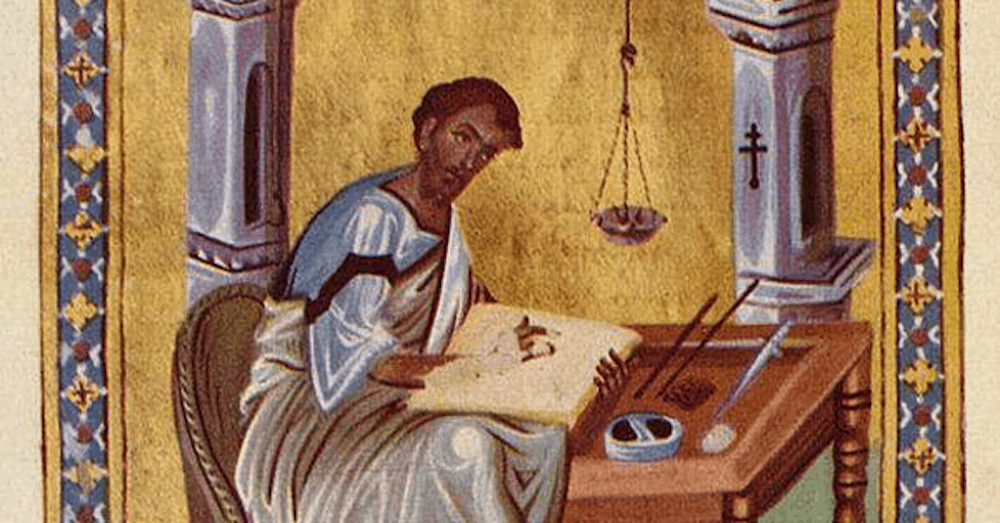The church’s participation in various historical injustices is a familiar theme, one rehearsed in some instances to discredit her, but in others to prompt her to needful repentance. But the primordial sin of the church which makes other, more tangible forms of violence possible is her presumption of having replaced Israel. Sometimes this is manifested in identifiably outright bigotry, but more often it is recognizable in the neglect or even disparagement of Israel’s Scripture, and especially the inescapably embodied nature of her practices and her hope. Israel is defined by a specific history and bears witness to the scandal of particularity in the face of protests in favor of the abstract and timeless. For much of history this scandal has been unforgivable, and the adherents of abstract gods and timeless principles have sought to overrule her witness.
Login to read more
Sign in or create a free account to access Subscriber-only content.
